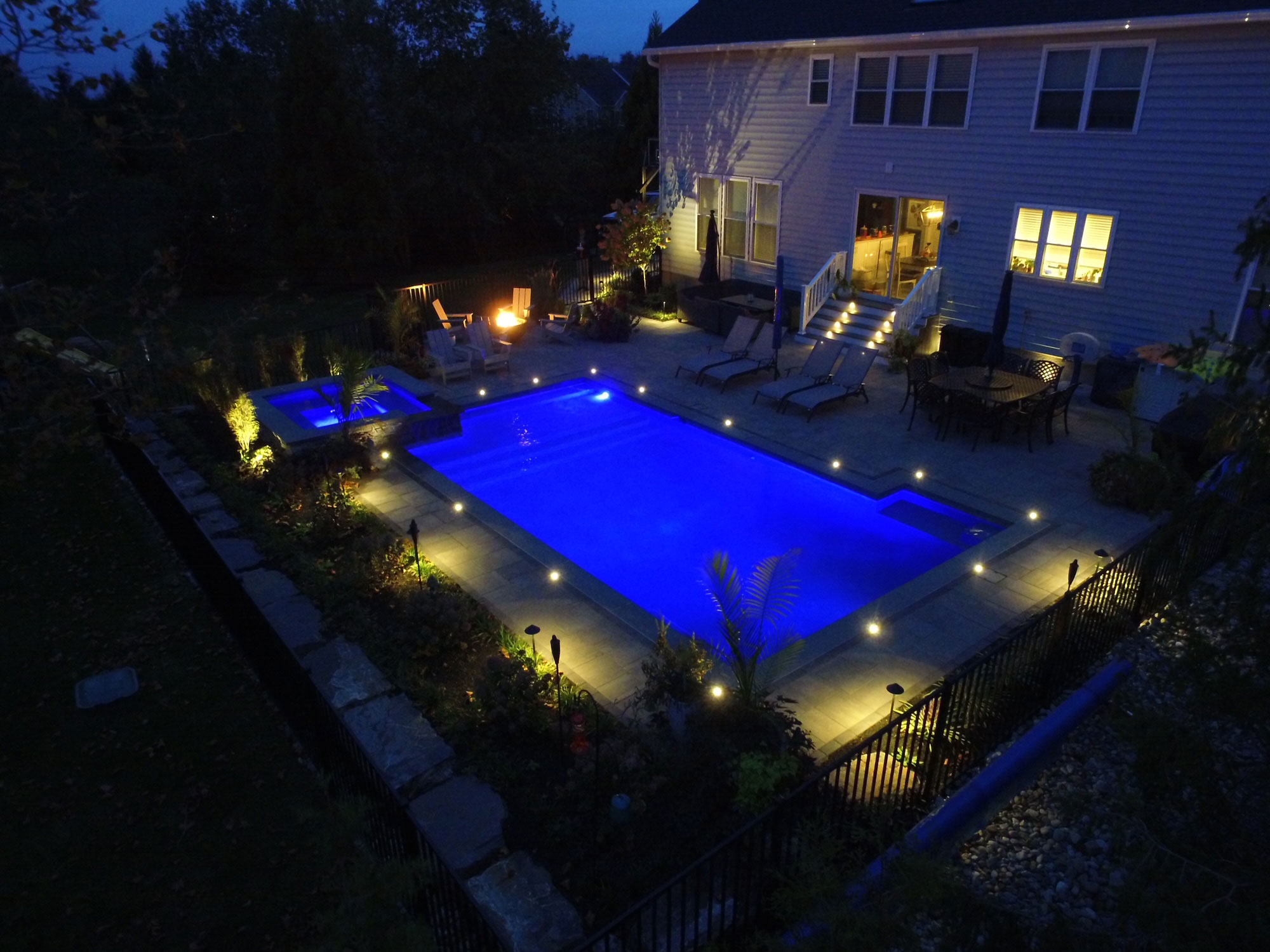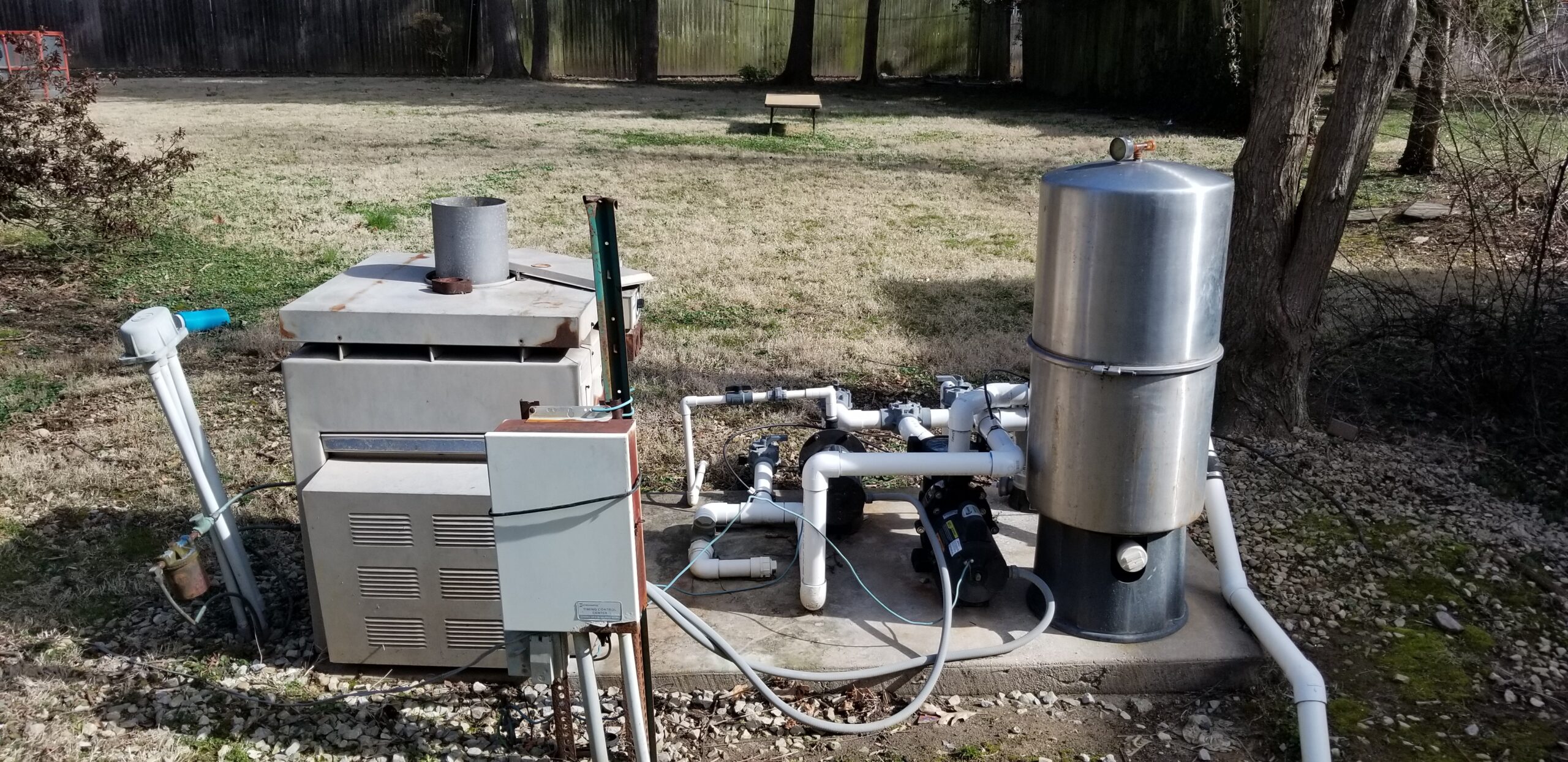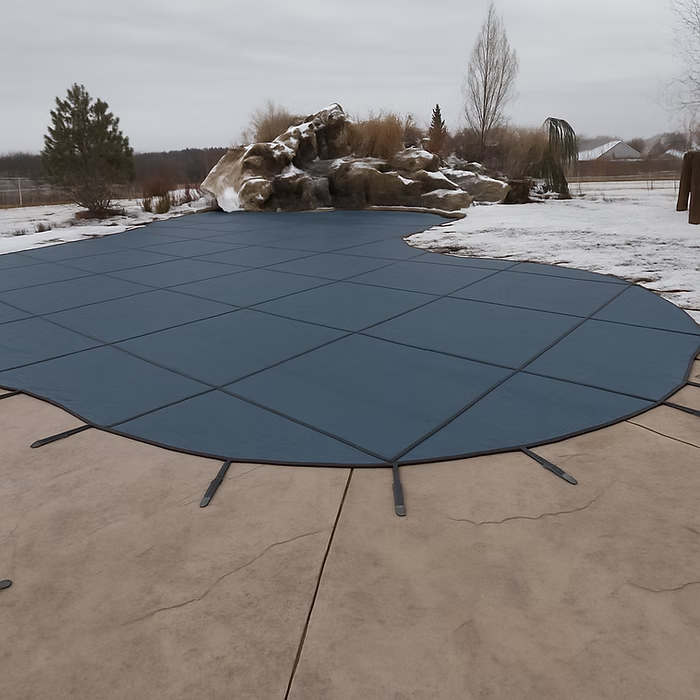During the summer months, families enjoy spending time in their swimming pools. However, families with pools must follow safety guidelines when opening their pools for spring. Here are some safety guidelines to follow this spring before using your pool.
Clean Off the Pool Cover and Install Accessories
First, remove any water from the cover with a submersible pump before you remove the pool cover. After the cover is clear, allow it to remain dry for a few days. Then, remove any leftover leaves with a leaf blower. After the cover is removed, store it carefully for the season.
Your next set of steps concerns the items around the pool. First, replace any winter plugs with regular drain plugs. Any diving boards, ladders, or step rails can now be replaced, and the screws that secure those items to the pool should be lubricated. The walls and bottom surface of the pool should now be cleaned with a leaf scoop and a scrub brush.
Monitor the Pool Plumbing and Pump
During winter, your pool’s water level will likely evaporate below that of your pool skimmer. If that happens, refill your pool with fresh water from your garden hose. To maintain the integrity of your pool plumbing, check your pool pumps and O-rings. Keep the seals of the O-rings safe by lubricating their screws and connections.
Once that set-up is done, you can safely turn on your pool pump and filter. When turning on the pump, check the pressure gauge to ensure it doesn’t exceed 15 PSI. If the pressure goes that high, the water may be dirty. If the pump isn’t taking in any water, you need to prime it.
Analyze the Water Chemistry and Shock the Pool
One of the most essential steps in checking pool water is measuring its chemistry. Collect a sample of the water and bring it to a pool supply store to be analyzed. The analysis results will tell you which chemicals to add to your pool water. If you need help with this process, ask the pool supply store for guidance on adding chemicals.
Before you or anyone else uses your pool, it’s essential to “shock” the water. Shocking the water involves using an extremely high dose of granular pool chlorine intended to kill bacteria. As an additional safety measure, algaecide chemicals will be added. The amount of these chemicals needed will depend on the volume of water in your pool.
Keep Your Pool Area Safe
Once your pool is open and running, keep it safe all summer long. Post a list of pool rules so every visitor can see them. If your children don’t know how to swim, bring them to a swim instructor so they can safely enjoy the pool. Test your pool’s chemical level at least weekly and adjust it as needed.
During the first few years, as you care for your pool, you may need help with spring safety activities, pool service, or repairs. At Scott Payne Custom Pools, our pool-perfect professionals want to be available to help with any pool maintenance needs. Scott Payne Custom Pools is your best choice if you are in the market for a new inground fiberglass pool in the PA area. Our fiberglass pools are prefabricated for quick installation.
If you already have a pool but are looking for a quality pool house in the Pennsylvania area, Scott Payne Custom Pools can help. You’ll find contractors who can design pool houses, custom decks, or outdoor living spaces you and your family will enjoy for the whole season. Call us today to help you plan your customized pool paradise.




